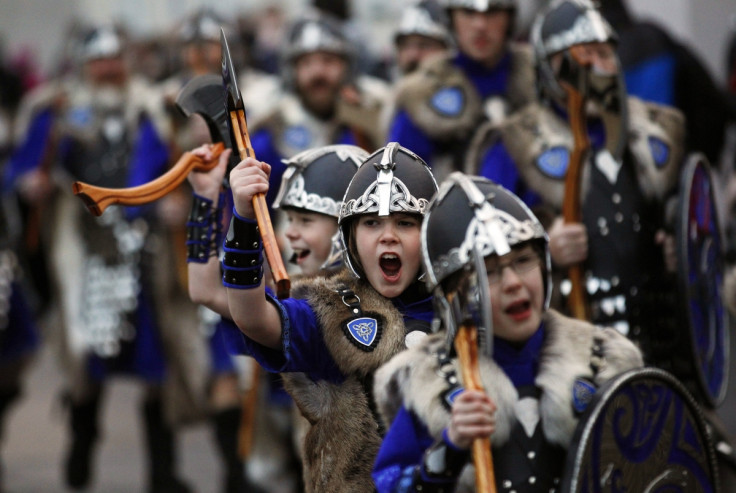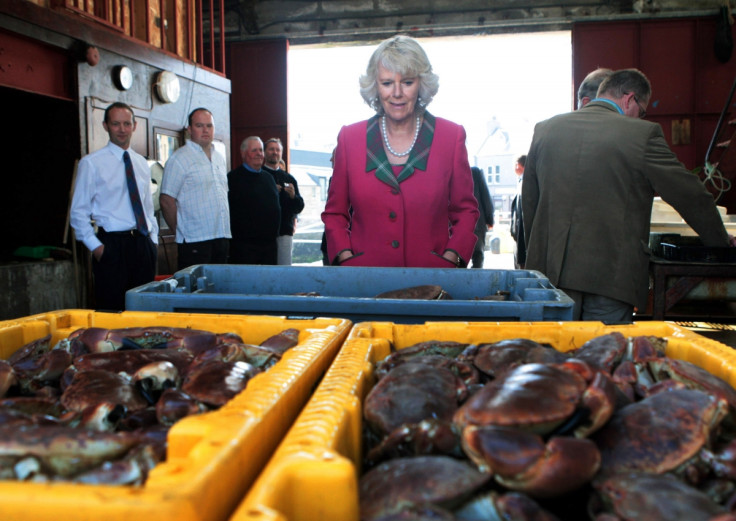Scottish Independence: Orkney and Shetland Islands Fight for Special Treatment

Scotland's Orkney and Shetland islands have banded together to push for more control over local issues as many remain on the fence over whether to vote for the country to break away from the rest of the UK.
Scotland's secretary of state, as well as a local councillor, revealed that islanders are hoping that they will be able to have more influence and a say over incumbent industries, such as fishing and renewable energy, regardless of whether the country becomes independent or not.
"We do very well being part of the United Kingdom [but] centralised government, from Edinburgh, is just as bad and just as dangerous for a community like this here compared to places like London," said Alistair Carmichael, secretary of state for Scotland, who is also the MP for Orkney & Shetland, to the BBC.
"I am quite determined there should be more power and more influence and power from Westminster straight to the communities here in the Isles."

Orkney is made up of around 70 islands and a population of 20,000. Shetland is also a bustling archipelago of 22,500 people.
Farming, fishing and tourism are three of the main industries in Orkney which provide a wide variety of employment and income.
The renewable energy industry (wind, wave and tidal) is also emerging as a major employer, providing a base for a number of leading companies in this field. The oil industry has made its mark on Orkney with the large oil terminal on the island of Flotta.
Meanwhile, although fish and oil generate most income in Shetland, there are sizeable contributions from livestock rearing, tourism, quarrying and the creative industries, including knitwear and crafts.
Unemployment in the islands has been very low for three decades; in the past ten years, it has varied between 0.7% and 1.6% and has usually been less than half the Scottish average.
"These islands should be more empowered to look after their own future and decisions that affect the people here. Us islanders have the mindset of wanting to fix things ourselves," said Councillor Steve Heddle, lead Orkney Islands Council in the BBC interview.
© Copyright IBTimes 2024. All rights reserved.






